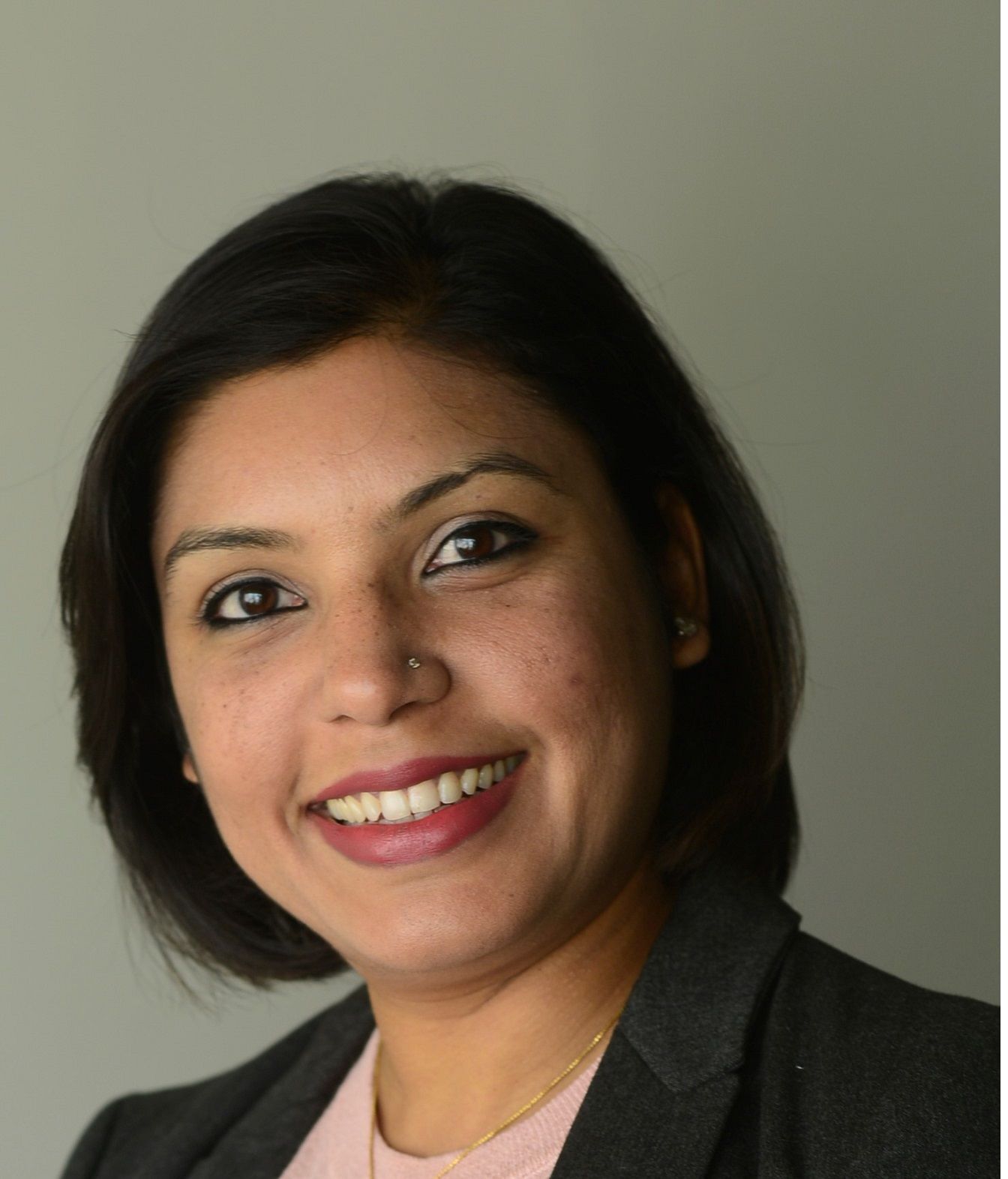Personal Finance News
Do these 3 things with your money to make the market crash irrelevant

5 min read | Updated on August 07, 2024, 19:48 IST
SUMMARY
Some experts are saying that retail investors who have hopped on to the systematic investment plan or SIP train are going to lose out as foreign investors have been selling for some time now and our indices are bound to crack. Others are talking about how retail investors took advantage of the dip and smartly bought into it.

The average individual investor needs to have a structure with money decisions and focus on the basics to begin with.
After the sharp single-day fall in equity markets on August 5, it’s clear that Indian equities are not immune to global jitters. The frantic volatility in our markets is getting a variety of responses, especially when it comes to retail behaviour.
Some experts are saying that retail investors who have hopped on to the systematic investment plan or SIP train are going to lose out as foreign investors have been selling for some time now and our indices are bound to crack. Others are talking about how retail investors took advantage of the dip and smartly bought into it. Which way are you swinging?
Are you fearful that markets may crack sharply, showing you losses for a while or greedy enough to be opportunistic about the market correction if indeed there is one ahead?
I would say you should be neither. Unless you are a trader by profession, someone who spends hours a day looking at price charts and market trends, you are unlikely to be able to beat the near-term market trend. Either that or you are someone with an unlimited pot of money (in which case you wouldn’t be reading this anyway). The average individual investor needs to have a structure with money decisions and focus on the basics to begin with. Your primary objective cannot be beating the market daily, and if that’s not the objective, then why stress about what the market does daily?
The structure one needs, even before you head into stuff like asset allocation and risk management, is a basic understanding of how money works. For this, you need to do these three things.
- Accumulate: You probably have an income, either from a salary,r a startup or a business that pays you dividends. You will spend some of that salary on your needs and then on your wants and whims. If you have nothing left by the end of the month. You’ll lay low and wait for the next month’s salary to begin this cycle of spending again.
When we talk of structure, what you need to start doing is saving before you spend. Don’t go the traditional way and do income less expenses equals savings. If you haven’t been able to save much yet, you won’t get very far with this.
Change the cycle itself. Save before you spend. Of course, get a sense of what you need and want to do with your money. But as soon as that income hits your bank account, take the portion you plan to save every month and invest it or at least shift it to another bank account meant only for your savings.
Now use this monthly saving to create investments. Equity stocks or funds are a good choice for long-term investments and you can systematically invest a predefined amount on a preset date every month. That structure will enable you to build a financial cushion that fills up systematically regardless of the ups and downs that the market itself witnesses.
- Insure: Step two is to insure yourself and your dependents against financial ruin in case of emergencies. For big financial setbacks like large medical expenses and the untimely death of the main earning member of your family, there is formal insurance. Term life insurance policies and basic health insurance policies are must-haves. Life is uncertain and these products help to protect against financial hardships in case of extreme events. Then there is motor insurance, travel and home insurance for other smaller catastrophes that come up.
For everything else like sudden job loss or disability or having to help out friends or relatives, you need an emergency fund that can cover your basic non-negotiable expenses for at least 6-9 months, if not 12 months.
Once this is done, you’re ready to face the risk that comes with structuring investments. Because now the short-term volatility and hiccups don’t matter. You are covered with the savings cushion and the insurance.
- Diversify: When it comes to investing, the way to ensure that one market correction doesn’t impact you disproportionately is to diversify. Diversification means having more than one of something. In this case, we are talking about being invested in more than one type of asset, so that when one asset is struggling for price gains, returns for the other asset work for you.
If you want to grow your money you need growth assets like real estate and equity in your portfolio, there is no way around it. Real estate is not liquid and requires large sums as an investment, which could mean taking on a loan. That leaves equity, here you can invest small amounts regularly to create a substantial portfolio over time. Growth assets should ideally form a large chunk of your portfolio as this is what will grow your wealth. But even within this, diversify into a few different products. Remember that growth in asset values are not quick fixes, they happen over longer periods of time.
In the interim, there are deposits and other fixed-income products like bonds and debt mutual funds, which can form the stable income part of your portfolio. These are needed to balance out risk and also for those nearby financial objectives, which can’t handle equity risk.
You can add a spattering of gold and other assets if you want, but this is the bulk of what you need; a rational split between debt and equity assets.
The next time the market cracks and you start to panic or the market runs away and you start to feel euphoric, stop and reassess. Ask yourself: do I have sufficient accumulated savings, am I insured suitably and is my investment portfolio diversified? If the answer to these is yes, then do nothing.
By signing up you agree to Upstox’s Terms & Conditions
About The Author
Next Story

